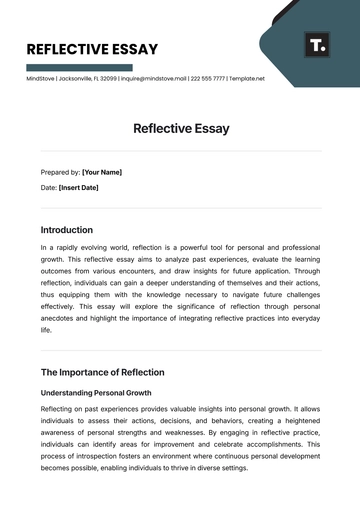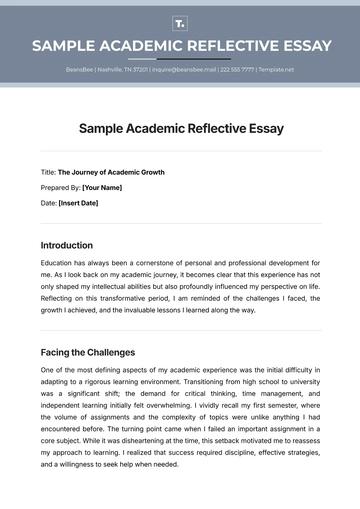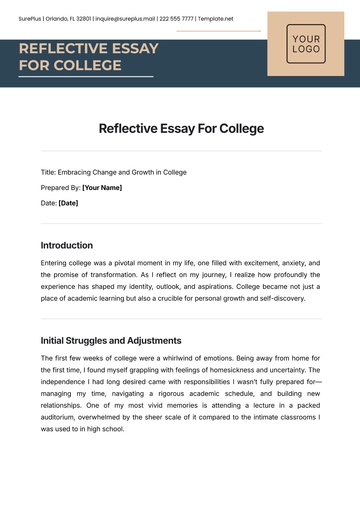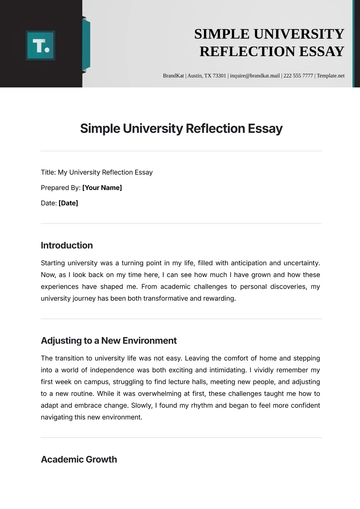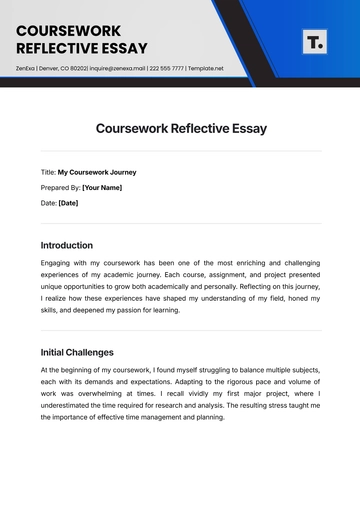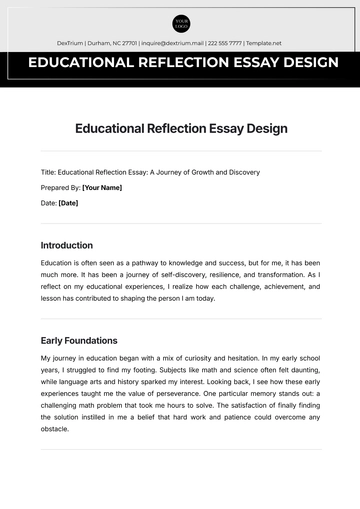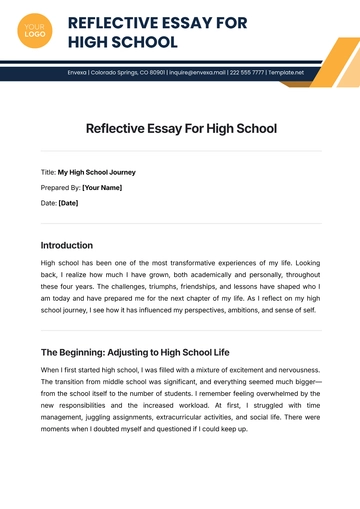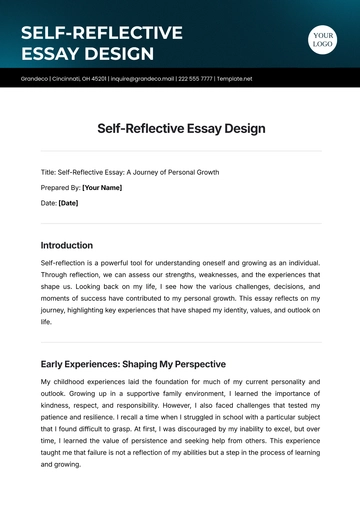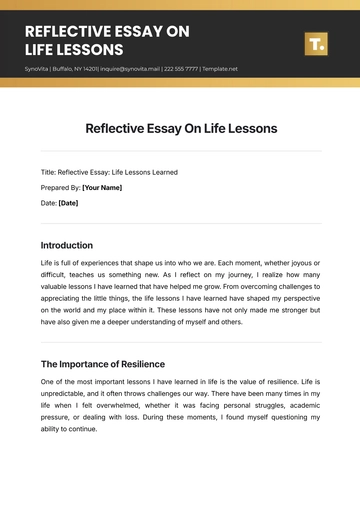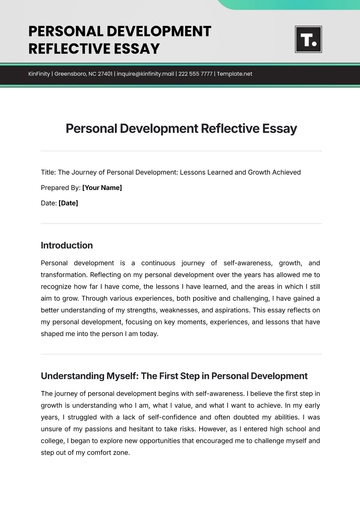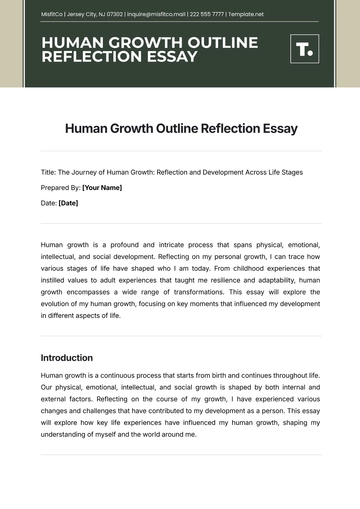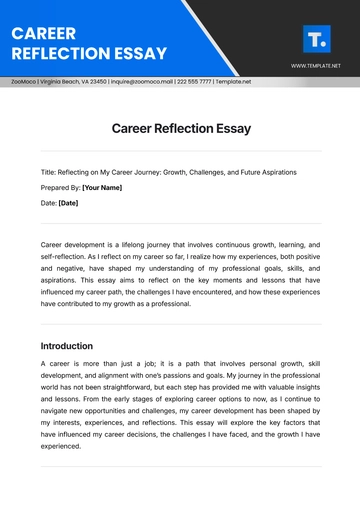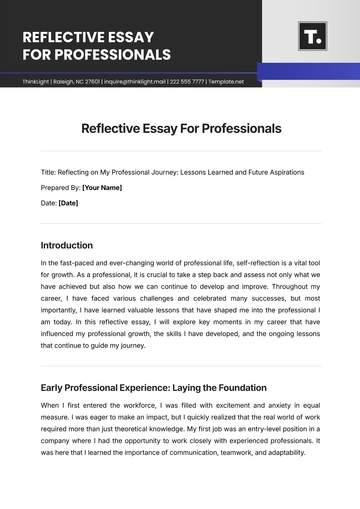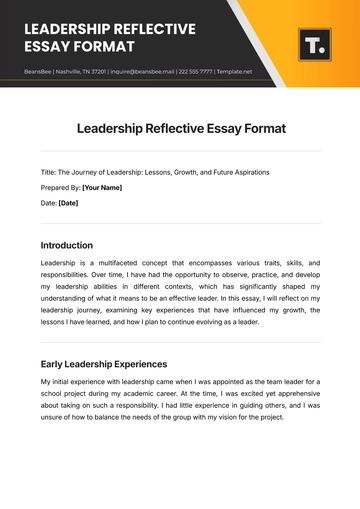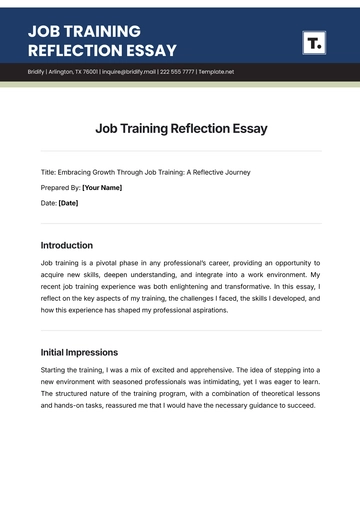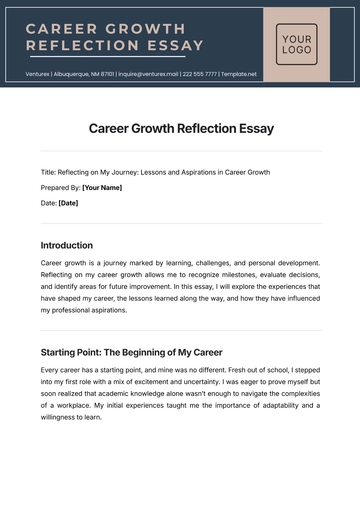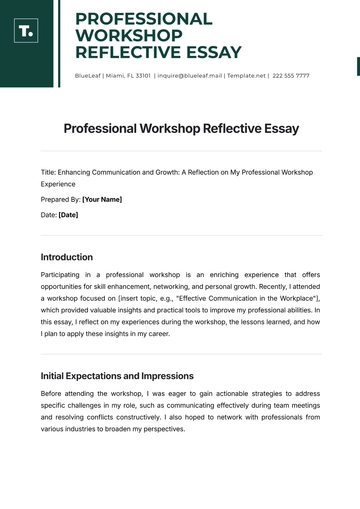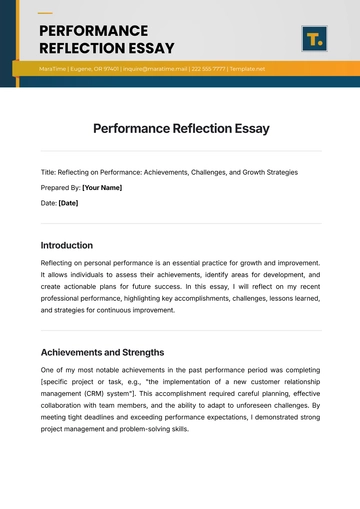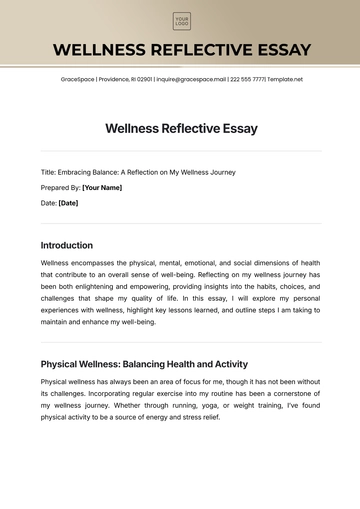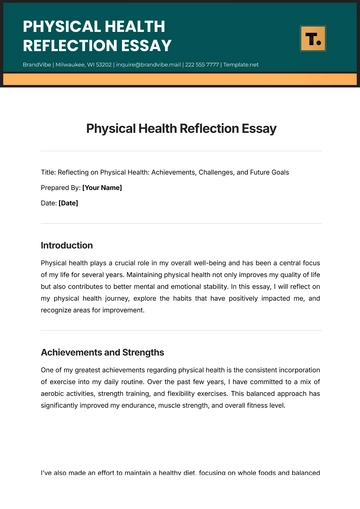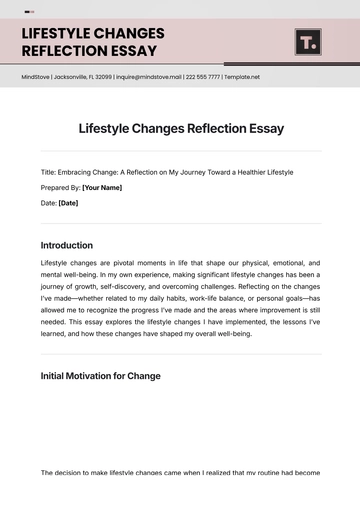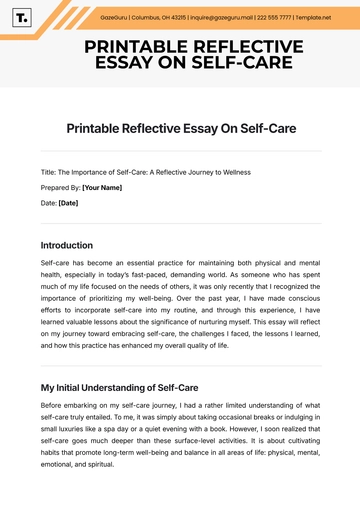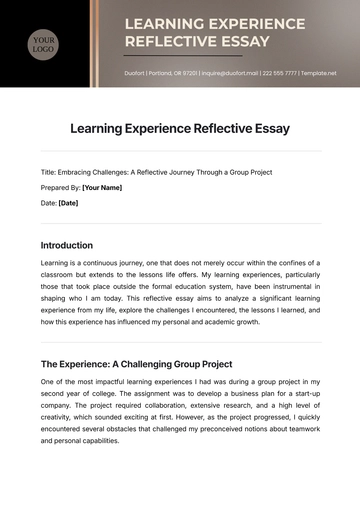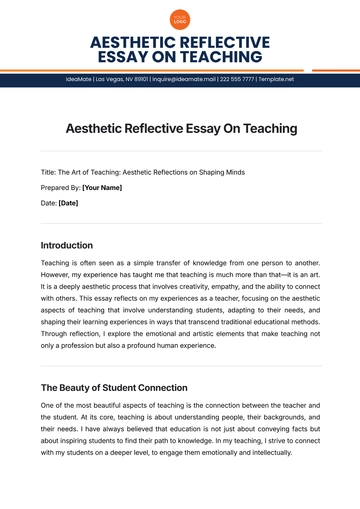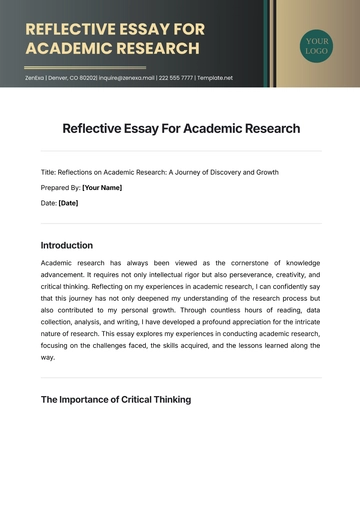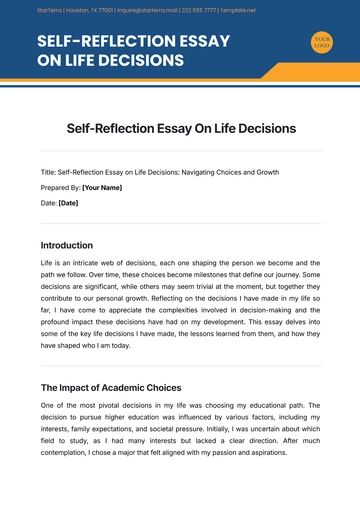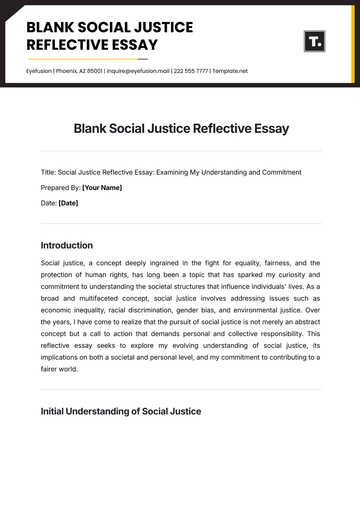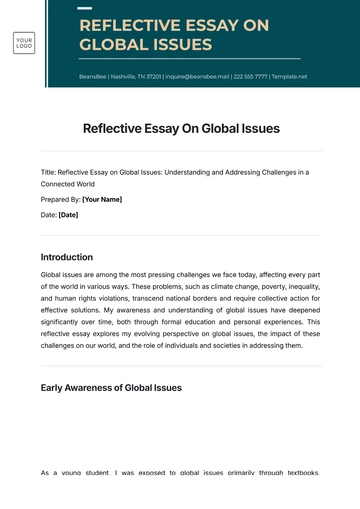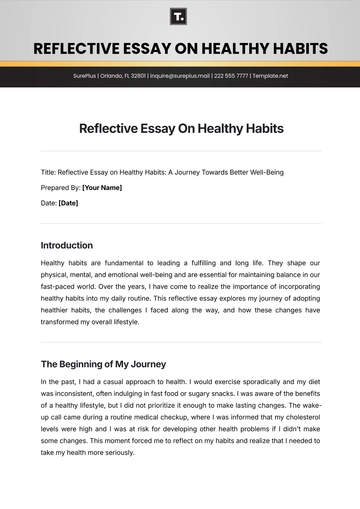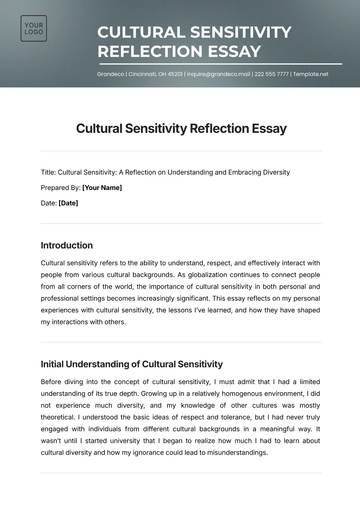Free Expository Essay on Inclusive Education
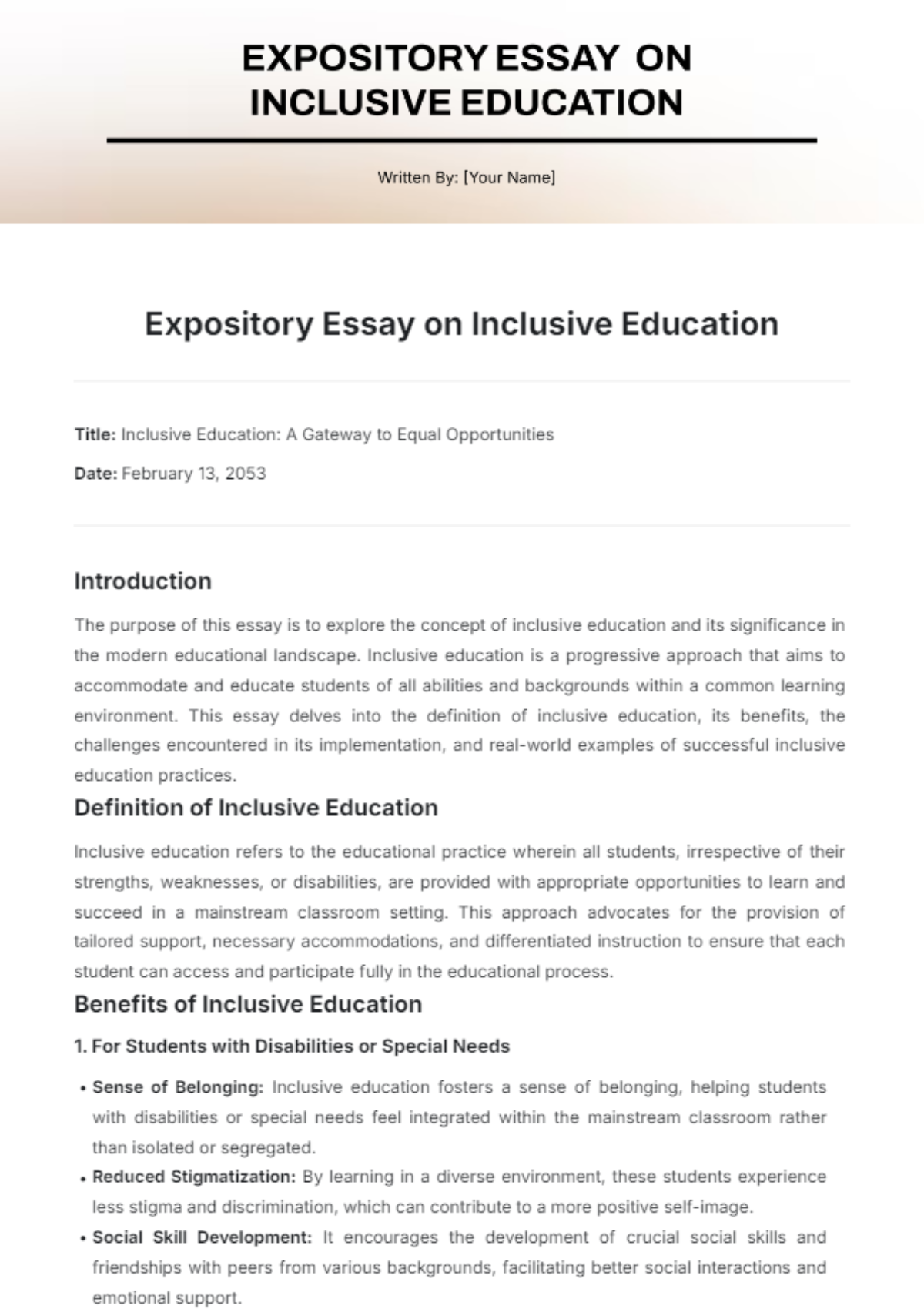
Title: Inclusive Education: A Gateway to Equal Opportunities
Date: February 13, 2053
Introduction
The purpose of this essay is to explore the concept of inclusive education and its significance in the modern educational landscape. Inclusive education is a progressive approach that aims to accommodate and educate students of all abilities and backgrounds within a common learning environment. This essay delves into the definition of inclusive education, its benefits, the challenges encountered in its implementation, and real-world examples of successful inclusive education practices.
Definition of Inclusive Education
Inclusive education refers to the educational practice wherein all students, irrespective of their strengths, weaknesses, or disabilities, are provided with appropriate opportunities to learn and succeed in a mainstream classroom setting. This approach advocates for the provision of tailored support, necessary accommodations, and differentiated instruction to ensure that each student can access and participate fully in the educational process.
Benefits of Inclusive Education
1. For Students with Disabilities or Special Needs
Sense of Belonging: Inclusive education fosters a sense of belonging, helping students with disabilities or special needs feel integrated within the mainstream classroom rather than isolated or segregated.
Reduced Stigmatization: By learning in a diverse environment, these students experience less stigma and discrimination, which can contribute to a more positive self-image.
Social Skill Development: It encourages the development of crucial social skills and friendships with peers from various backgrounds, facilitating better social interactions and emotional support.
2. For Typically Developing Students
Exposure to Diversity: Inclusive education immerses all students in a diverse learning environment, providing them with a broader perspective and preparing them for a multicultural society.
Promotion of Empathy and Respect: Interacting with classmates who have different abilities and experiences fosters empathy, mutual respect, and understanding among typically developing students.
3. For Schools and Educational Outcomes
Catering to Individual Learning Styles: Schools practicing inclusive education are often better equipped to accommodate various learning styles and needs, which can enhance overall educational effectiveness.
Enhanced Educational Outcomes: The inclusive approach can lead to improved educational outcomes for all students, as differentiated instruction and tailored support help address individual learning requirements.
Challenges of Implementing Inclusive Education
Despite its advantages, the implementation of inclusive education encounters several challenges. Schools may face resource constraints, including insufficient funding, lack of specialized training for educators, and inadequate support services. There may also be resistance to change from educators, parents, or administrative bodies due to deeply ingrained biases or misconceptions about the capabilities of students with disabilities. Addressing these challenges requires a concerted effort to provide professional development opportunities, allocate necessary resources, and foster a culture of acceptance and inclusivity.
Examples and Case Studies
Various schools and educational institutions worldwide have successfully implemented inclusive education practices, demonstrating the potential for positive outcomes. One notable example is the Al Noor Training Centre for Persons with Disabilities in Dubai, which integrates students with disabilities into mainstream classrooms while providing specialized support. In Canada, the New Brunswick inclusive education model has gained recognition for its comprehensive policy framework and collaborative approach. These case studies exemplify the effectiveness of inclusive education when adequately supported by policy, resources, and community involvement.
Conclusion
Ultimately, inclusive education is essential for providing all students with the chance to reach their maximum potential in a nurturing and accepting setting. Despite implementation challenges, its advantages for both individuals and society are significant. Future efforts in inclusive education should prioritize fair distribution of resources, ongoing teacher training, and promoting an inclusive culture in schools and communities.
References
Bartolo, P. A. (2050). The Role of Special Education Administrators in Developing Inclusive Education Policies. International Journal of Whole Schooling, 6(1).
Lindsey, R., Nuri-Robins, K., & Terrell, R. (2050). Cultural Proficiency: A Manual for School Leaders. Thousand Oaks, CA: Corwin Press.
Slee, R. (2050). The Irregular School: Exclusion, Schooling, and Inclusive Education. London: Routledge.
- 100% Customizable, free editor
- Access 1 Million+ Templates, photo’s & graphics
- Download or share as a template
- Click and replace photos, graphics, text, backgrounds
- Resize, crop, AI write & more
- Access advanced editor
Discover the power of inclusion with Template.net’s Expository Essay on Inclusive Education Template. This customizable and editable resource offers a structured format to explore the significance of inclusive education. Editable in our AI Editor Tool, this template allows you to adapt content to reflect personal research or arguments effortlessly. Ideal for academic essays, it’s a perfect tool for students and educators
